7 Surprising Things You Should Know Before Starting a Mediterranean Diet
Starting the Mediterranean diet? Here’s what you need to know to fully enjoy the benefits of this delicious and effective way of eating.
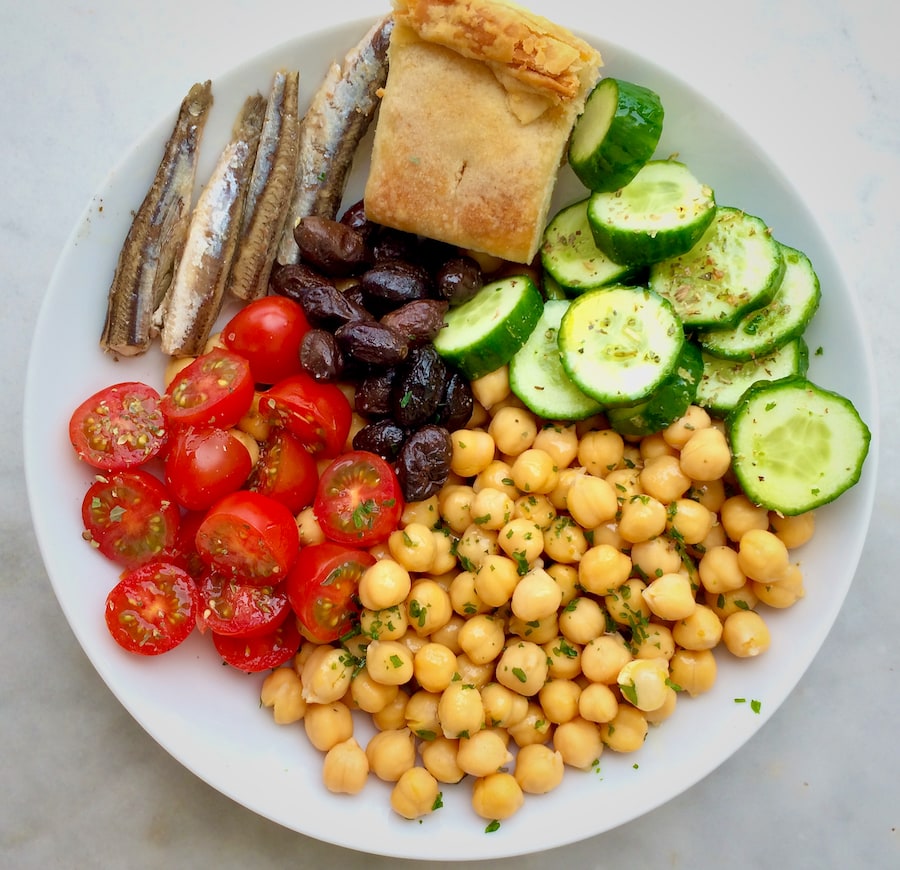
The Mediterranean diet is known for its numerous health benefits including heart health, protection from certain types of cancer, protection from Alzheimer’s, protection from depression, weight loss and many more. It is considered the gold standard of diets not only because of its benefits, but also because it is delicious, easy to follow long-term and sustainable for the environment. Because of all the attention it has received, there may be a few things you may have heard- some may be true and some may be false- and have certain expectations of how this way of eating works. So, let’s clarify any misconceptions you may have.
1. It is not a free for all diet with no restrictions.
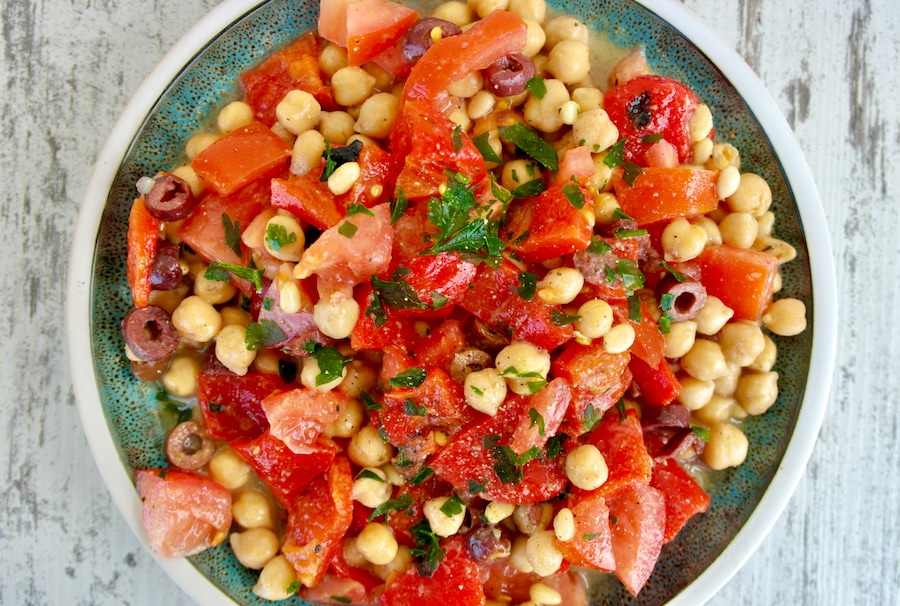
You may have read that there is no one specific Mediterranean diet usually followed by a generic description. Well, that is not true, studies have found specific eating patterns in Greece and Southern Italy and that was what the original Mediterranean guidelines and pyramid was based on. So, you will be following an eating plan based on certain principles. Some examples include red meat once a week, extra virgin olive oil as your main source of fat, consumption of cheese and yogurt (no milk), no processed foods etc.
*For a Mediterranean guide click here >> The Complete Guide to The Authentic Mediterranean Diet
2. You will be consuming a generous amount of olive oil.
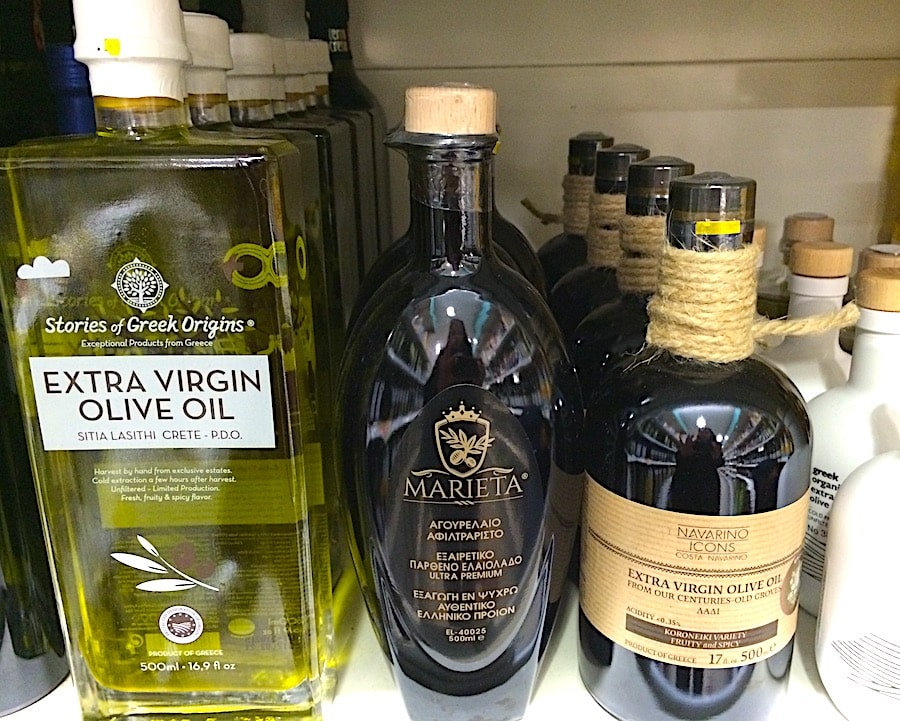
The Mediterranean diet is not a low-fat diet. Many people seek out the Mediterranean diet thinking it is like one of the other low fat “healthy” diets out there. It is not like those other diets. Yes, there are plenty vegetables in this diet, but there is also plenty of olive oil. Don’t be afraid of it, trust me. The fat coming from the antioxidant rich olive oil is what makes this diet palatable, easy to follow for the rest of your life and will help you to maintain a healthy weight or lose weight.
3. You will be eating vegetables as a main course.
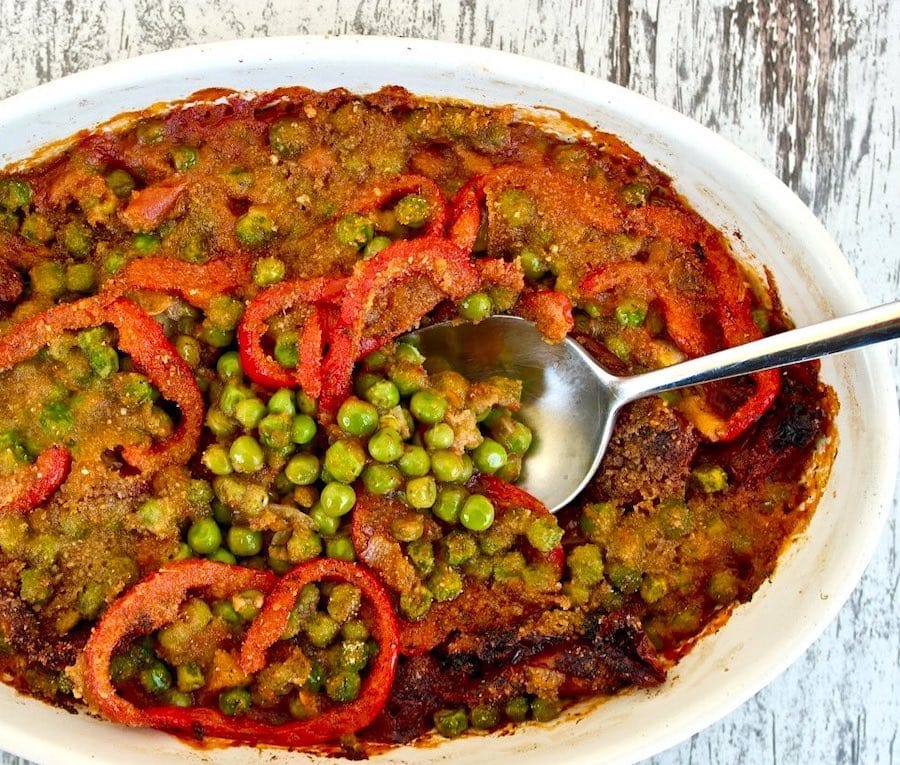
One of the obstacles that I have noticed in those new to the Mediterranean diet is accepting the concept of having only vegetables for a meal. The Mediterranean cuisine is rich in vegetable only dishes that are meant to be consumed as a main course along with some bread and cheese. This is truly the secret of the Mediterranean diet; by eating a large plate of vegetables cooked in olive oil you will get 3-4 servings in one meal and feel satisfied. There is no need to accompany those vegetables with meat, chicken or fish. Also, it is important to note that these vegetable casseroles are not meant to be used as a topping over rice or pasta either, they are accompanied with just a bit of bread.
*Click here for vegetable entrees recipes >> Vegetable entree recipes
4. You will NOT be spending a lot of time in the kitchen.
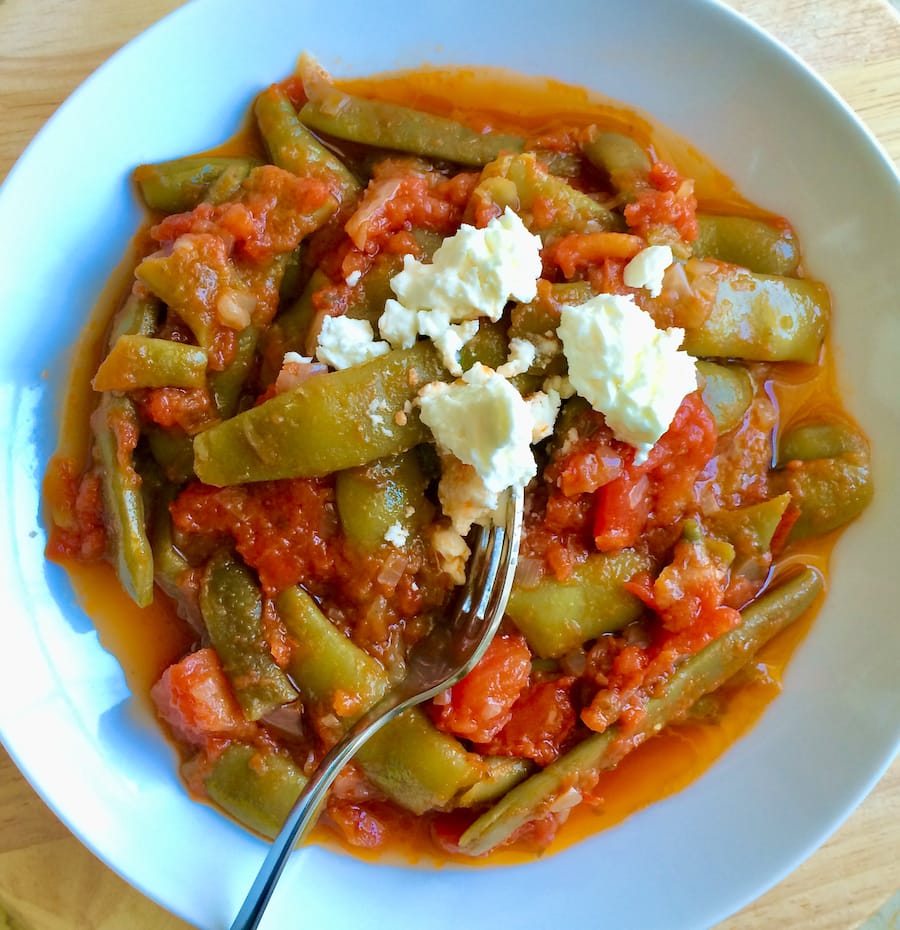
Another misconception people have is that you have to make these complex Mediterranean dishes with dozens of ingredients. The reality is much different. The Mediterranean diet is characterized by its simplicity. As a busy person and a mom, I can tell you that I do not spend a long time in the kitchen, most of the vegetables dishes for example that I mention above require minimal prep and then they just simmer for 40 minutes and they are ready. Plus, they taste much better the next day, and last 2-3 days.
*For shortcuts click here >> 10 Mediterranean Diet Shortcuts for Busy People
5. You don’t have to eat fish or other seafood as often as you think.
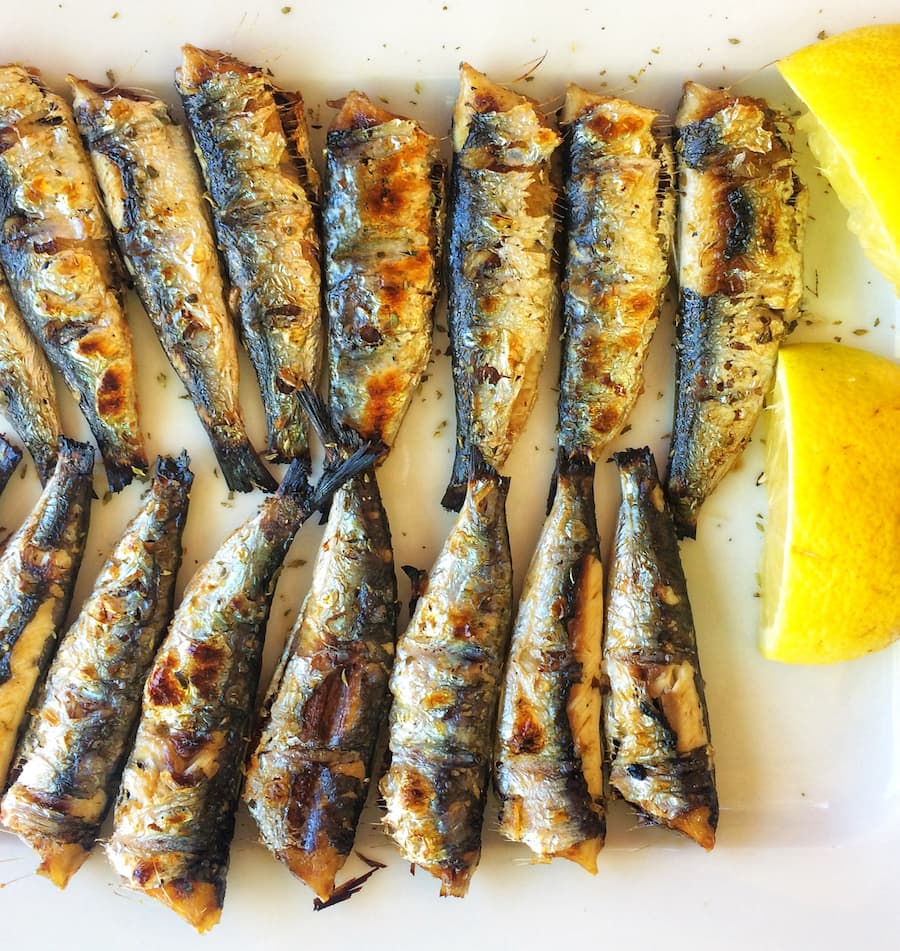
Many people are worried that they will have to eat a lot of fish. This can be challenging as either they are not used to cooking it or they can’t find fresh fish. The reality is that ideally you want to eat mainly fatty fish twice a week. That fish can be canned or preserved in some way. In fact, that is what people living in Mediterranean mountainous areas did, they did not have access to fresh fish all year, so they had cured fish.
*For fish and seafood recipes click here >> Fish and seafood recipes
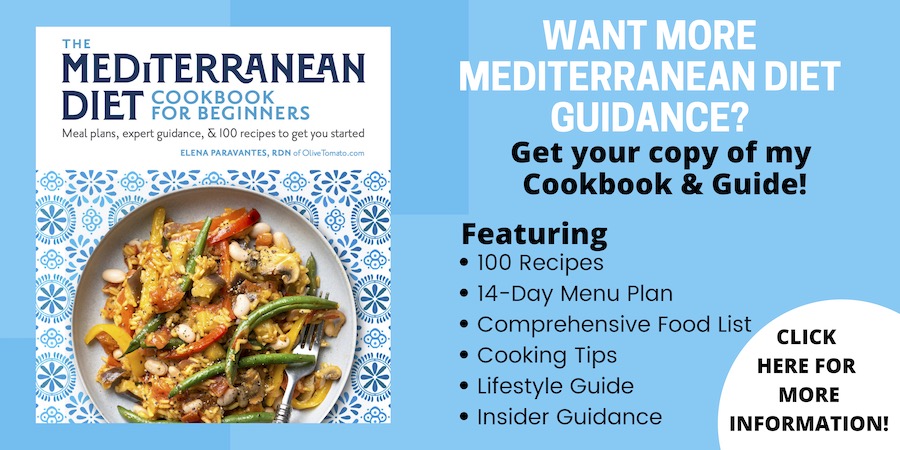
6. You will be replicating a diet followed by real people 50-60 years ago.
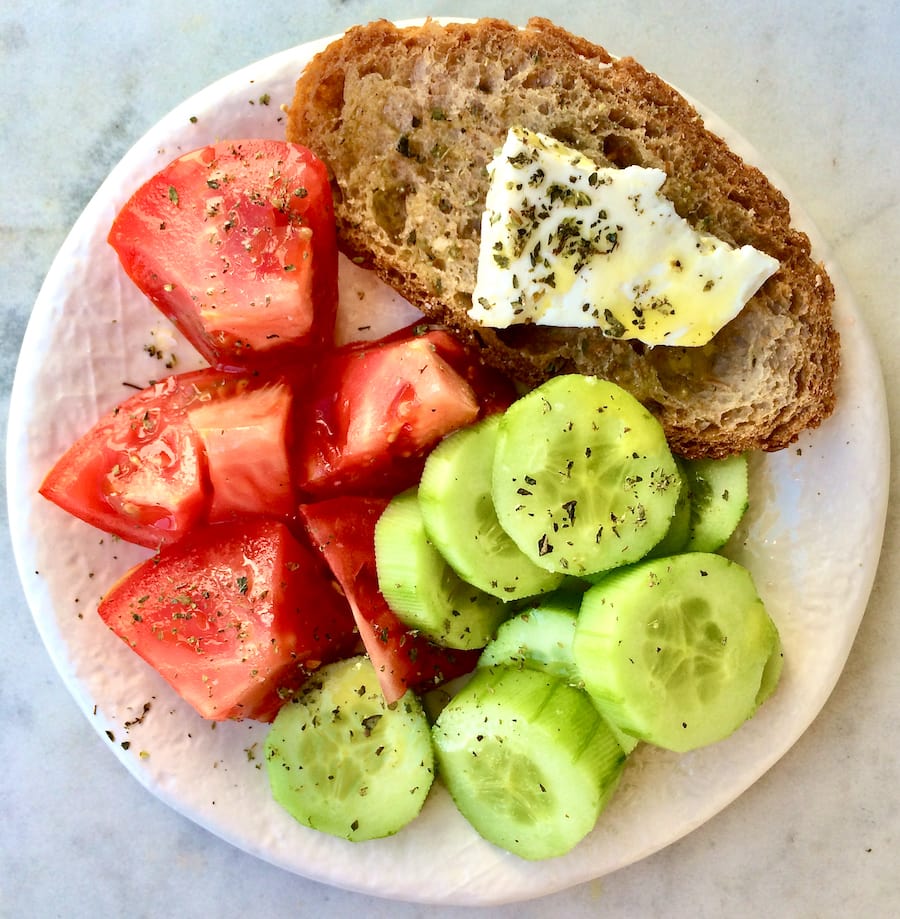
The Mediterranean diet is NOT a diet that researchers made up, it is a naturally occurring diet. In other words, real people followed this way of eating that was developed based on the circumstances of life at that time and on the availability of certain foods (including wheat, dairy, eggs), and studies have shown that it is a very beneficial way of eating. Some concerns I hear from people who want to follow this diet is the fact that it doesn’t accommodate certain fads or notions of what a healthy diet is. So, to clarify this diet does include wheat, eggs, gluten, dairy. HOWEVER, and that is a big however, the foundation of this diet is made of vegetables and olive oil which do not contain any of the above ingredients, so yes you can adjust this diet if needed, but in terms of expectations we need to remember where this diet came from, and why these foods are present.
7. There is sugar in this diet.

When starting this way of eating, many people are surprised when they see a recipe for a dessert. Again, I must say this was a diet of real people, so yes, they did have desserts but only on special occasions (holidays, birthdays, weddings, baptisms), a dessert was not in their daily routine. In fact, sugar was a luxury item to be used for these special occasions. In my new cookbook I have included a chapter with desserts to be enjoyed occasionally.
*Click here for some Mediterranean desserts >> Mediterranean dessert recipes
You can check out additional resources here at olivetomato.com and for more in-depth information you can check out my new cookbook and guide which includes detailed information and guidance, 100 delicious recipes, a 14-day menu plan plus instructions on how to make your own menu plan.
Click here for more information and sample recipes from the book! >> The Mediterranean Diet Cookbook for Beginners

Is avocado oil allowed?
I have a couple if questions. I need to go on a fatty liver diet and this diet is recommended. ( I also have Chrohn disease which am currently in remission). However, I do not like chic peas, fish (except for canned tuna, prawns/shrimp and lobster) or the type of beans that are in these recipes. I am also the type of person that needs to follow a diet/menu plan and by that I mean; I need to be told on paper what to eat, fir the while anyway. Do you have any suggestions?
I have just purchased this book as I am adjusting my diet to a anti-inflammatory diet. However, I have osteoporosis and am wondering if the beans/legumes like chickpeas will be an issue because I understand there is something in them that can prevent or reduce calcium being absorbed. Do you have any suggestions for this?
Hi Elena, I have your cookbook and have also been following your 30 day plan and am loving it. I really notice how healthy the foods are as well as simple to prepare. I know that no special cookware is required, but would love to know what type of cookware is ideal for this style of cooking. Are there any brands that you could suggest as better for the this diet. Thanks in advance, Lyn
Do you have any advice for the process of switching kids over to this way of eating? Obviously the goal is that they would eat the same way we do, but in the meantime any advice for snacks etc ? I’m trying to avoid buying goldfish, etc !
Would love to hear your take on the Carnivore Diet as it’s becoming popular very quickly with some excellent results.
It’s another fad diet. Extremely unbalanced, high in meat which evidence has shown has negative effect on our health., Restricts all the foods that are rich in antioxidants and other nutrients (fruit, vegetables etc) that provide protection from chronic diseases. High in saturated fats and low in fiber and there is no research supporting this diet.
Thank you! Your blog is one of my favorites. Blessings!
What about lean protein. I was always told 4oz’s at each meal for muscles. Do we really not need that much especially to maintain muscle if we’re working out?
I’m loving the Mediterranean “diet” which i hate to call that because it can be triggering for my eating disorder. I do worry, though, what effect these foods will have on my potassium because I have kidney disease. I don’t have blood tests for another month.
Thank you Sheri. Yes, in this case the word diet refers to a lifestyle. The word diet actually comes from the Greek word diaita which means lifestyle.Regarding kidney disease, yes you must avoid certain foods. I would speak with a Registered Dietitian, you can definitely adjust this diet to your needs.
How would you advice someone who runs alot and lifts weights to apply a Med diet to their lifestyle?
Hi Simon, Yes, you can adjust the Mediterranean diet to fit your needs. You have to address these 2 different activities, so keep track of your carbohydrates on those running days. For the weights, it depends on intensity and duration. Most people get enough protein, but depending on your weight lifting schedule you may need more, some protein sources that are according to Mediterranean principles would include: nuts, beans, eggs, fish and chicken
Supporting you as I give community lectures on this timely material, suggesting clients purchase your
cookbook, connect on your site.
Anything you wish to share is always greatly appreciated.
Thank you Suzanne! I appreciate it!
I got this cookbook a few months ago. What a joy this food is. My husband is constantly complimenting the recipes and saying how well we eat. To make my menus for the week I choose recipes from the book. We are spending less on groceries and I am loving my kitchen again.
So happy to hear this Paula! Thank you!